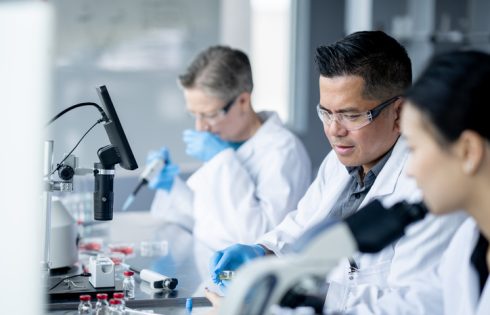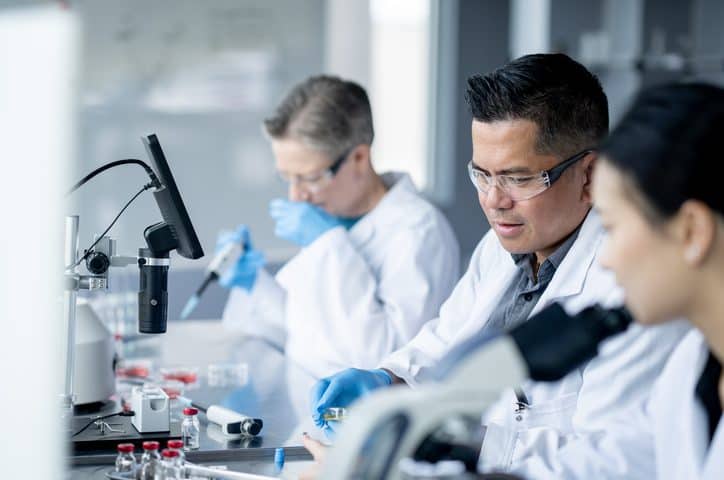
SAMBAI, a team funded through the Cancer Grand Challenges initiative, reported that Akoya Biosciences’ PhenoCycler®-Fusion system will be the foundational spatial proteomics technology used to generate data for a biobank and data repository for cancer equity research.
SAMBAI, which stands for “Societal, Ancestry, Molecular and Biological Analyses of Inequalities,” explained that the objective is to understand the mechanisms and contributions of genetics, biology, environmental, and social determinants to cancer risk and outcomes in diverse populations, and to provide foundational knowledge for developing novel approaches to reduce cancer inequities.
SAMBAI will receive up to $25 million from Cancer Grand Challenges to develop the project and focus on assessing disparate cancer outcomes in 40,000 individuals of African descent from Africa, the U.K., and the U.S., and include proteomics, transcriptomics, and other data types.
Teams from Johns Hopkins University, Nottingham University, Glasgow University, and King’s College London will run thousands of samples on the PhenoCycler-Fusion system using panels designed to study breast, pancreatic, and prostate cancers. These three cancers have a disproportionately higher rate of aggressive tumor grade and early onset in the target population.
“We are excited that the PhenoCycler-Fusion is the spatial proteomics technology of choice for analyzing thousands of patient samples as part of this important initiative,” said Brian McKelligon, CEO of Akoya Biosciences. “A study of this size demands the high plex and high throughput of our solutions to generate data at the scale needed. We are honored to play a role in defining the factors that influence disparate outcomes in underserved populations.”
Akoya’s technology is well suited to assess the effect of environmental and societal factors on biology at the molecular level and on the development of cancer at the scale required for this project, according to Melissa Davis, PhD, director of the Institute of Translational Genomic Medicine at Morehouse School of Medicine and leader of team SAMBAI.
“For the first time in a large population, we plan to bring all of these factors together to understand their interconnectedness and contribution to disparities in health outcomes,” she explained.

